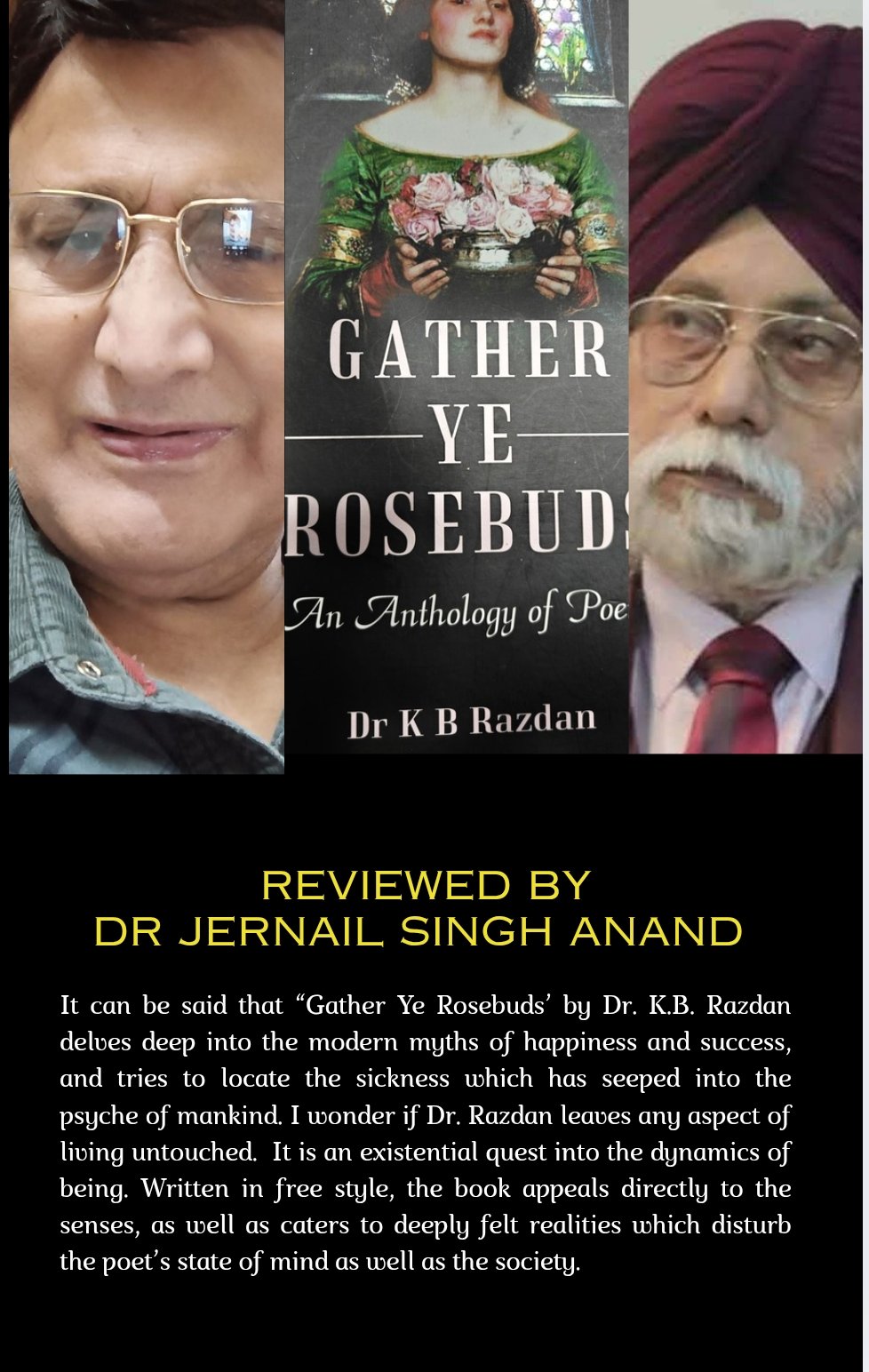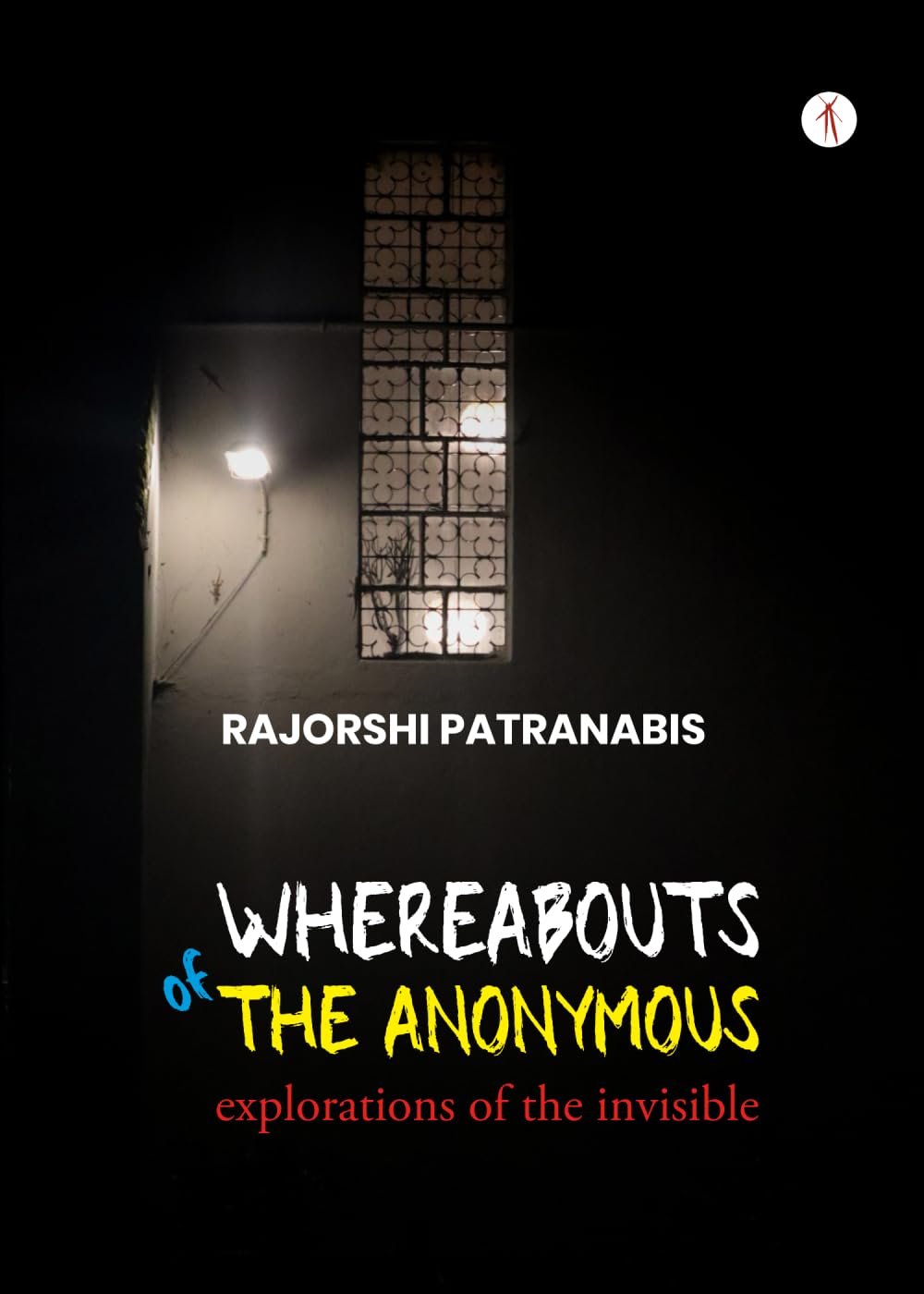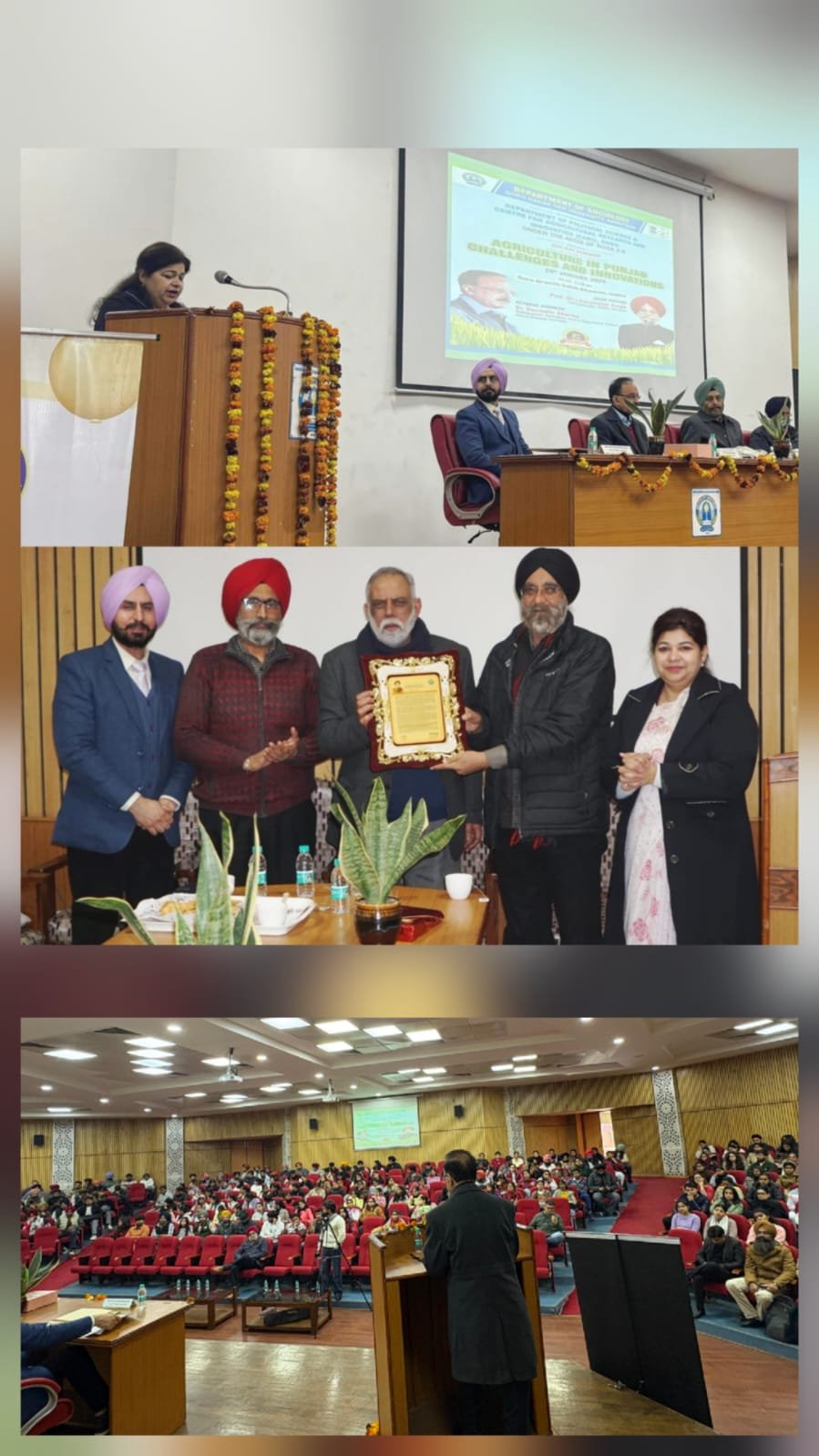THE HATHRAS STAMPEDE: A REFLECTION ON SOCIETY AND SUPERSTITION by RANDHIR KUMAR GAUTAM

The recent stampede in Hathras, where people rushed to pick up dirt and soil on which a baba had walked, has sparked a wave of criticism directed primarily at the failures and callousness of the administration. This criticism is essential, and it underscores the need for accountability in public safety and crowd management. However, a deeper, more introspective critique seems to be missing from the discourse—an examination of the societal conditions that foster such dangerous superstitions and fervor.
Administrative Failures and Public Outcry
Editorials and political leaders' responses have largely focused on the administrative lapses that allowed such a tragic incident to occur. The need for better crowd control, improved safety measures, and more responsible event management is evident. These are practical solutions to prevent future incidents, and their importance cannot be understated. However, addressing only the administrative side of the problem leaves a significant part of the issue untouched.
The Underlying Issue: Superstition and Societal Values
What remains largely undiscussed is the troubling prevalence of superstition and the fervor surrounding religious figures in our society. The mass hysteria that can lead to a deadly stampede over mere soil suggests a deep-rooted problem. This is not just about one incident or one baba; it's about a societal phenomenon that sees blind faith and superstition overshadowing reason and safety.
One exception to the general avoidance of this topic has been Mr. Mallikarjun Kharge, who called for central legislation against "andha-shraddha" (blind faith) in the Rajya Sabha. His stance highlights a critical need for legal frameworks to combat harmful superstitions. However, legislation alone is not enough. What is needed is a concerted effort to foster a culture of critical thinking and skepticism towards unfounded beliefs.
The Role of Society and Democracy
A hard-headed, realistic, and effective mass-intellectual movement against religious frenzy and superstition is crucial. This movement must be driven by public intellectuals, educators, and leaders who are willing to challenge deep-seated beliefs and encourage rational thought. Such a movement should aim to create a more enlightened society that values reason over blind faith.
Re-envisioning Democracy
The role of democracy in this context is also worth examining. Intensely competitive electoral democracy often panders to the lowest common denominator, where appealing to mass sentiments and superstitions can be politically advantageous. To foster an enlightened society, democracy itself may need to be re-envisioned. This could involve promoting policies that support education, critical thinking, and scientific temper from the grassroots level.
The Guru Phenomenon
Understanding why people are drawn to gurus can provide insights into the broader issue of superstition and blind faith. Randhir Gautam outlines several reasons why people join guru clubs:
1. Social Status: Many individuals who are not successful in life join a guru club to rub shoulders with the elite of society, who would otherwise ignore them. The title of 'Guru Bhai' (devotee of the same guru) provides a sense of belonging and acceptance among influential circles.
2. Mutual Interests: Some join guru clubs for mutual benefits. For example, a businessman may join to influence a bureaucrat who is also a disciple of the same guru. Criminals may seek refuge within the guru's circle to escape justice by leveraging connections with influential devotees.
3.Perverse Pleasure: Sometimes, guru clubs become social hubs where members of both sexes meet for pleasure under the guise of religious respectability.
4. Religious Belief: There are genuinely religious-minded individuals who believe in the guru's miracles and reputation, often influenced by the presence of other important figures in the same circle.
5. Curiosity: Some people join out of curiosity to see if the guru's reputed powers are real. While many leave disappointed, a few become convinced and continue their association.
6. Sincere Seekers: A segment of the population sincerely believes that the guru can solve their material and spiritual problems, displaying a deep, often uncritical faith.
Towards a Solution
Addressing the phenomenon of religious frenzy and superstition requires a multi-faceted approach:
1. **Education and Awareness**: Schools and universities should emphasize critical thinking and scientific reasoning. Public campaigns can raise awareness about the dangers of blind faith and encourage skepticism.
2. **Legislation**: Laws against exploitative practices and fraudulent claims by self-styled godmen can help protect vulnerable individuals. Mr. Kharge's call for legislation against "andha-shraddha" is a step in this direction.
3. **Cultural Change**: Public intellectuals, artists, and media should work together to challenge superstitions and promote rationality. This involves not just debunking myths but also offering positive narratives that celebrate reason and scientific inquiry.
4. **Democratic Reforms**: Policies that promote education, social welfare, and critical thinking should be prioritized. Political leaders need to resist the temptation to exploit religious sentiments for electoral gains.
Conclusion
The Hathras stampede is a tragic reminder of the dangers of unchecked superstition and religious frenzy. While holding the administration accountable is necessary, it is equally important to address the underlying societal issues that lead to such incidents. A comprehensive strategy involving education, legislation, cultural change, and democratic reforms is essential to build a more rational and enlightened society. Only by confronting these issues head-on can we hope to prevent future tragedies and foster a culture of reason and critical thinking.
Author ;
Randhir Kumar Gautam is a sociologist and Gandhian social activist who teaches at a private university in Gwalior. His work integrates academic insights with Gandhian principles to address contemporary social issues. Through his activism and teaching, he aims to inspire positive change in society.





